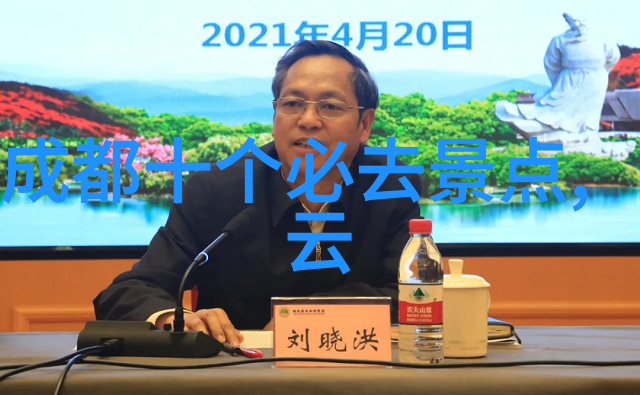Monkeying Around The English Edition of Journey to
Introduction

Journey to the West, a classic Chinese novel written by Wu Cheng'en during the Ming dynasty, has been widely translated and adapted into various languages. Among them, "Monkeying Around" is an English translation that captures the essence of Sun Wukong's mischievous nature while retaining its cultural significance.
The Monkey King's Origins

In both the original text and its English counterpart, Sun Wukong is introduced as a powerful monkey who gains immortality after consuming magical peaches. This version maintains his character's integrity as it showcases his incredible strength and agility.
Tang Sanzang's Pilgrimage

Tripitaka, also known as Tang Sanzang in Chinese, embarks on a journey from China to India to retrieve Buddhist scriptures. In this English adaptation, Tripitaka remains steadfast in his devotion to Buddhism despite encountering numerous challenges along the way.
Zhu Bajie & Sha Wujing

Pigsy (Zhu Bajie) and Sandy (Sha Wujing), two companions who join Tripitaka on his pilgrimage, are portrayed similarly in both versions. Pigsy retains his gluttonous personality while Sandy keeps his stern demeanor.
Buddhist Teachings & Moral Lessons

Throughout Journey to the West in English translation, moral lessons based on Buddhist teachings are interwoven with humorously engaging narratives. This unique blend makes it appealing not only for those familiar with Eastern philosophy but also for readers seeking entertainment.
Cultural Significance & Adaptations Worldwide
As one of China's Four Great Classical Novels alongside Dream of Red Mansions, Outlaws of the Marsh and Water Margin—Journey to the West has garnered international attention through adaptations such as television series or films like Stephen Chow’s 2008 film "Journey To The West: Conquering The Demons". Its impact extends beyond linguistic barriers; it transcends cultures by offering timeless themes relevant globally.
Conclusion
"Monkeying Around", an engaging title encapsulating Sun Wukong’s playful spirit within Journey to the West’s framework when translated into Western tongues highlights how language barriers can be bridged without losing essential elements or cultural depth while still maintaining their charm across different audiences worldwide—thereby showcasing literature at its finest form—a universal language understood regardless of geographical boundaries or linguistic differences.



